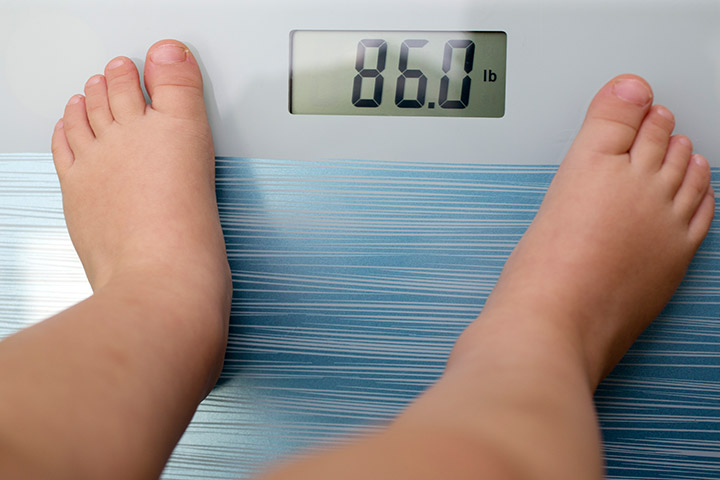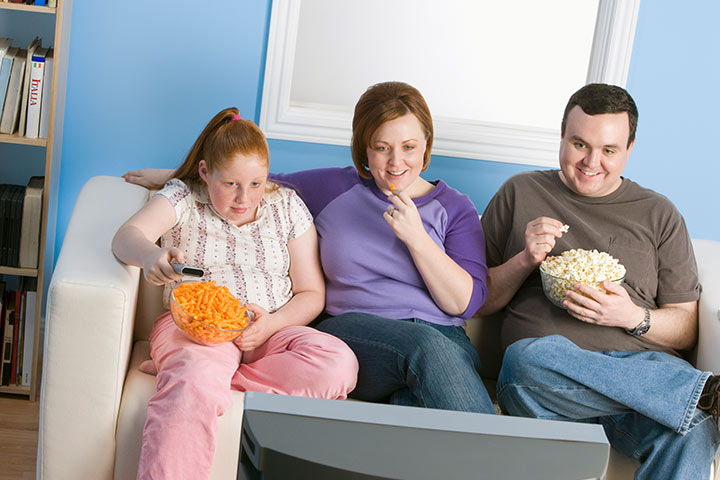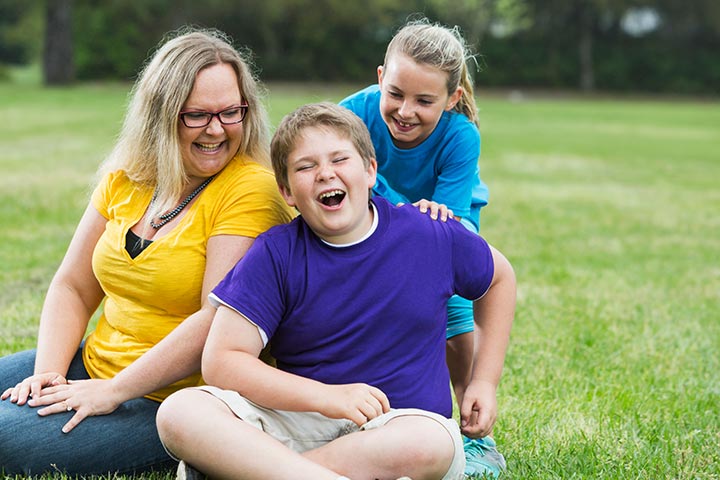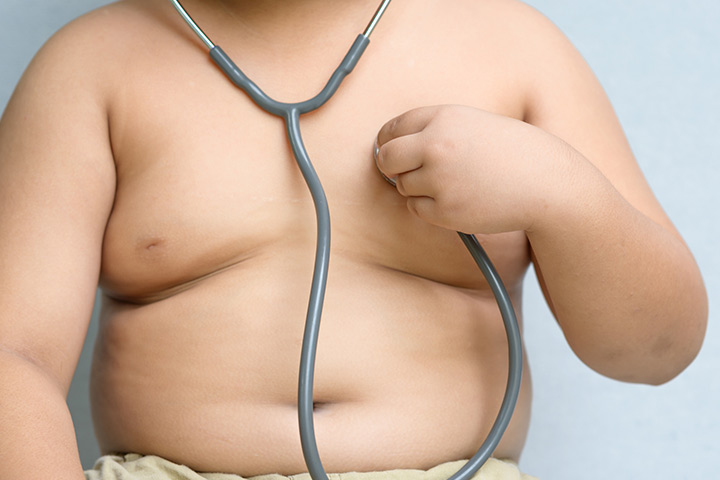Is It Just Puppy Fat Or Is My Child Obese?
Parents often do not worry if their child is overweight. They say it’s just puppy fat. But chances are that your child will not be able to shed those extra pounds as they progress into their adulthood. So it’s best to not brush off puppy fat as merely ‘a phase’. It’s very rare that your child will grow out of his/her puppy fat. It could be a forewarning about your child’s unhealthy lifestyle (1).
Don’t Be In Denial
Childhood obesity is a sensitive subject. But at the same time, it is also a global health concern. And parents often refrain from talking about it. But we as parents should be able to differentiate between healthy weight and being overweight. It’s also important to teach your child to follow a healthy eating pattern and lead a healthy lifestyle. Childhood obesity can pave the way for diabetes and cardiovascular diseases (2). Children can develop high blood pressure and high cholesterol at a young age if they are obese. And we are sure no parent would want that for their kid.
Why Your Child Might Be On The Heavier Side
It could be genetics. If the mother or father of the child is overweight, it’s likely that the child may become obese. An overweight 2-year-old has a 40% chance of becoming an obese adult, and an overweight 15-year-old is 70% more likely to become an obese adult, says health experts and pediatric dieticians(3).
Psychological stress could also be one of the reasons why your child is obese. It could be something personal, parental or even family stress. Children tend to overeat to cope with their problems, stress and even boredom (4).
Socioeconomic circumstances could also be one of the factors that lead to childhood obesity. People might not have access to supermarkets and stores and may go for convenient food options like frozen meals, crackers, and cookies (5).
Health Equals Long Life
If your child is obese, they are likely to develop many obesity-related health issues like heart disease, type 2 diabetes, nonalcoholic fatty liver disease (NAFLD), sleep disorders, asthma, metabolic syndrome, and bone fractures (6). So it’s better to check your child’s Body Mass Index (BMI) to make sure that they do not fall under the obese category.
Make Some Changes In Their Lifestyle
If your child is obese, it’s crucial to bring some changes in their life and opt for a healthier lifestyle.
Healthy Eating: Cut down on high-calorie foods like sugary snacks, fast foods, and baked items. And avoid giving them sugary drinks. Go for healthier options like a nutrient-rich well-balanced diet. And to munch in between meals, choose healthier snacks like fruit, yogurt, or a wholewheat sandwich. You can also limit eating out at fast food restaurants.
Be More Physically Active: Don’t let them stay confined to their rooms playing computer or mobile games. Encourage them to play outside. Taking short cycling trips, or going for a swim is also a good idea. Anything to keep the body moving!
Limit Their Screen Time: The more time they spend watching TV or being on the phone, the less likely that they are going to go out and play. They are also more likely to make unhealthy choices by munching on snacks. So, it’s best to limit their screen time.
Children who are obese may get teased at school, which is a sad reality. Our motherhood instincts may wish we could teach a lesson to anyone that bullies our child. But we cannot always be there to help them. So, if your child is obese, it’s important to build up their confidence as they might be dealing with poor self-esteem and depression. It’s our job as a parent to remind them that it’s not their fault that they are overweight. Explain to them that it is just a health issue, and encourage them to eat healthy so that they can live a long healthy life.







0 Коментарии